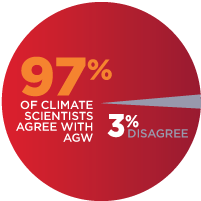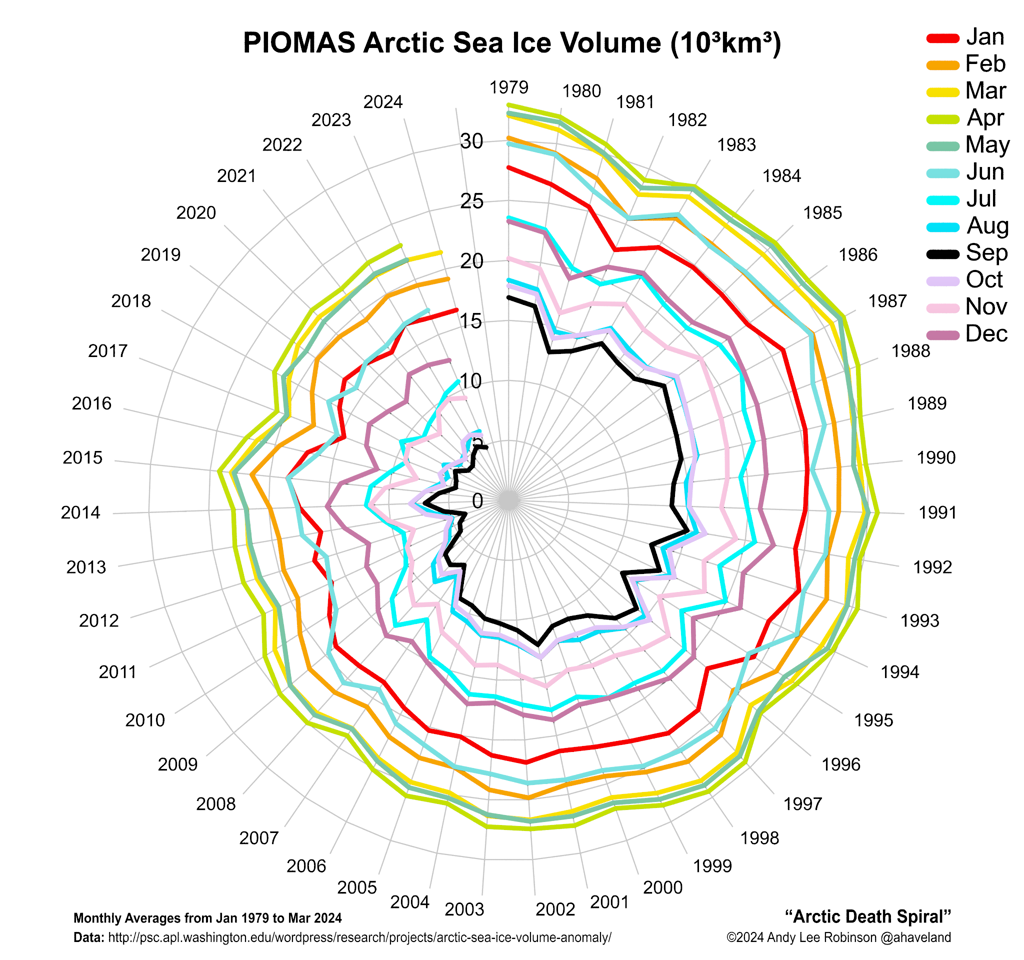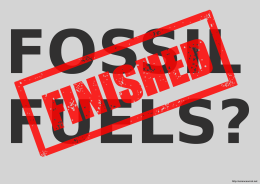About this site
Confused about that press release you just read? Unconvinced by the sciencey-looking website you just visited? Sceptical about the interview you just heard on the radio? It claims to be scientific, but is it good science?
Science has high status in our community. Many of those who want to rip us off for their own ends try to adopt an image that appears to be scientific. Others, for instance some journalists and bloggers, uncritically accept and reproduce information from pseudoscientific sources because they don’t have the time, inclination or resources to check on their bona fides.
This website can help you decide what’s really science. It aims to produce a list of indicators of good science (Hallmarks of Science) and a list of indicators of bad science (Science Red Flags). I hope to design it in such a way that you can quickly check which of the red flags or hallmarks applies to any statement or article you are dealing with. If the red flags predominate, beware: what you are dealing with is not science.
The articles on this website are covered by a Creative Commons Attribution-NonCommercial-NoDerivs 3.0 Unported License (unless otherwise stated). This means you are welcome to copy and redistribute the material in any medium or format as long as you acknowledge ScienceOrNot as the source, do not remix, transform, or build upon it, and do not use it for commercial purposes.
About me
My name is Graham Coghill and for me this project is a learning experience. It’s mainly a way of getting my head around ways of improving scientific literacy in the community. I hope the discussions I have with readers, through their comments, will have mutual benefits for all of us.
For the record, I have fairly ancient B.Sc. and B. Ed. qualifications from the University of Queensland. My field is Chemistry. I have never worked professionally as a scientist, nor published any scientific papers, but I have, I hope, helped a lot of students become scientifically literate. I have a long term interest in spreading rationality through the processes of science.
Contact me
A disclosure: Most of the book titles on this website are linked to The Book Depository. If you click on one of these links and then put in an order, I get a small commission – the only funding I am ever likely to get. I hope this does not offend.
Science is, I believe, nothing but trained and organised common sense, differing from the latter only as a veteran may differ from a raw recruit.
T H Huxley, British biologist, ‘On the Educational Value of the Natural History Sciences’, (1854)
Science is not just a collection of laws, a catalogue of unrelated facts. It is a creation of the human mind, with its freely invented ideas and concepts. Physical theories try to form a picture of reality and to establish its connection with the wide world of sense impressions. Thus the only justification for our mental structures is whether and in what way our theories form such a link.
Albert Einstein and Leopold Infeld, physicists, The Evolution of Physics, (1938)
Science and everyday life cannot and should not be separated.
Rosalind Franklin, British X-ray crystallographer, in a letter to her father (1940)
Science makes people reach selflessly for truth and objectivity; it teaches people to accept reality, with wonder and admiration, not to mention the deep awe and joy that the natural order of things brings to the true scientist.
Lise Meitner, Austrian physicist, Lecture, Austrian UNESCO Commission, (1953)
Science is nothing else than the search to discover unity in the wild variety of nature – or more exactly, in the variety of our experience.
Jacob Bronowski, Polish-English scientist and historian, Science and Human Values (1956).
Ask a scientist what he conceives the scientific method to be, and he will adopt an expression that is at once solemn and shifty-eyed: solemn, because he feels he ought to declare an opinion; shifty-eyed, because he is wondering how to conceal the fact that he has no opinion to declare.
Peter Medawar, British biologist, Induction and Intuition in Scientific Thought (1969)
The real purpose of the scientific method is to make sure nature hasn’t misled you into thinking you know something you actually don’t know.
Robert Pirsig, American philosopher, Zen and the Art of Motorcycle Maintenance (1974)
Science is best defined as a careful, disciplined, logical search for knowledge about any and all aspects of the universe, obtained by examination of the best available evidence and always subject to correction and improvement upon discovery of better evidence. What’s left is magic. And it doesn’t work.
James Randi, The Mask of Nostradamus: The Prophecies of the World’s Most Famous Seer (1993)
The remarkable successes of the natural sciences are due, not to a uniquely rational scientific method, but to the vast range of “helps” to inquiry devised by generations of scientists to overcome natural human limitations.
Susan Haack, British philosopher, Defending Science – within reason (2007)
Science is science because the knowledge we acquire comes from experimentation and observation, not guesswork, belief and hearsay.
Peter Hadfield, British journalist and Potholer54 on YouTube, The Guardian (2010)
Science is perhaps best conceived as a family of activities that share a common base provided by reliance on empirically testable hypotheses and on rationally constructed theoretical frameworks.
Massimo Pigliucci, Italian-American biologist and philosopher, Nonsense on Stilts (2010)
The good thing about science is that it’s true whether or not you believe in it.
Neil deGrasse Tyson, American astrophysicist, Real Time with Bill Maher (2011)
Science gives us a systematic way of incorporating what we know and don’t know into a consistent logical framework. It doesn’t say we know all the answers, but it does tell us the likelihood of particular outcomes and how well we can trust our predictions.
Lisa Randall, American physicist, America can’t afford to lose its grip on science, (2011)
And this is what sets science apart from everything else. It isn’t simply another point of view – it reveals a reality that would be impossible to imagine, even for the possessor of the most tortured and surreal imagination. Science is the investigation of the real, and if the real seems surreal then so be it.
Brian Cox and Jeff Forshaw, British physicists, The Quantum Universe, (2011)
Before we had a method for examining reality, the truth was a slippery fish, which is why your ancestors were so dumb. So dumb, in fact, that for a very long time people got smarter in a slow, meandering, and unreliable sort of way until human beings finally invented and adopted a tool with which to dig their way out of the giant hole of stupid into which they kept falling. … I’m talking about the scientific method.
Science continuously tears apart its models of reality looking for weakness. Sure, scientists are just people, prone to the same silliness as anyone else, but the enterprise, the process, slowly but surely grinds away human weakness. It is a self-correcting system that is always closer to the truth today than it was yesterday.
David McRaney, American journalist and author, You Are Now Less Dumb, (2013)
Essentially, science consists of the following three-part process:
- Think of every possible way the world could be. Label each way an “hypothesis.”
- Look at how the world actually is. Call what you see “data” (or “evidence”).
- Where possible, choose the hypothesis that provides the best fit to the data.
The steps are not necessarily in chronological order; sometimes the data come first, sometimes it’s the hypotheses.
Sean Carroll, American physicist, What Is Science? (2013)
I am not saying that scientists are smarter or wiser than other folks. But there are habits of mind: you know, a deep appreciation of evidence; an ability to deal with probability and statistics, to be alert to cognitive biases and tricks that our minds play on ourselves; … a willingness to accept tentative conclusions and accept … the uncertainty of these scientific conclusions — not as reason for inaction, but a way of finding the best path forward …
Rush Holt, American physicist and congressman, Salon interview (2014)
But we know that science is not a belief system. You cannot decide that you believe in penicillin or the principles of flight while at the same time disbelieve humans evolved from apes or that greenhouse gases can cause climate change. This is because science is an expert trust-based system that is underpinned by rational methodology that moves forward by using detailed observation and experimentation to constantly test ideas and theories. It does not provide us with convenient yes/no answers to complex scientific questions, however much the media portrayal of scientific evidence would like the general public to “believe” this to be true.
Mark Maslin, British climate scientist, The Conversation (2014)
The default mode of human activity is to construct our own internal model of reality based upon our desires, biases, flawed perceptions, memories, and reasoning, and received narratives from the culture in which we live. That model of reality is then reinforced by confirmation bias and jealously defended.
But we also have the capacity to transcend this pathway of least resistance. Philosophy is the discipline of thinking carefully and systematically about ideas to see if they at least are internally consistent. Science is the discipline of systematically and carefully comparing our internal models of reality against objective reality, and then changing those models to suit the evidence.
Steven Novella, American neurologist, Science-Based Medicine (2015)
Our senses and psychology perceive the world in very particular ways that are comically easy to fool. But the great strength of science is that it recognises the human fallibility that cripples our view of the universe. The scientific method attempts to remove these weaknesses.
Adam Rutherford, British geneticist, science writer and broadcaster, The Guardian, (2015).
Science is not a magic wand that turns everything it touches to truth. Instead, “science operates as a procedure of uncertainty reduction,” said Nosek, of the Center for Open Science. “The goal is to get less wrong over time.”
Christie Aschwanden, science writer, quoting American psychologist Brian Nosek at FiveThirtyEight Science, (2015).
See, here’s the thing, science is a method, and it either works, or it doesn’t. You can’t pick and choose when you want to accept it and when you want to reject it. Either you accept that science is the only reliable method for understanding our universe that we have ever come up with, or you don’t.
“Fallacy Man”, science blogger and biologist, The Logic of Science, (2017).
Science should be ‘show me’, not ‘trust me’; it should be ‘help me if you can’, not ‘catch me if you can’. If I publish an advertisement for my work (that is, a paper long on results but short on methods) and it’s wrong, that makes me untrustworthy. If I say: “here’s my work” and it’s wrong, I might have erred, but at least I am honest.
Philip B. Stark, American mathematician, Nature, (2018).
Reality
There is ignorance,
There is pain,
There is fear.There is knowledge,
There is skill,
There is wisdom.There is wonder,
There is delight,
There is sadness.There is kindness,
There is compassion,
There is love.There is yearning,
but
never
magic.
Reality © Graham Coghill
This page reviewed and updated: 2014/07/22








